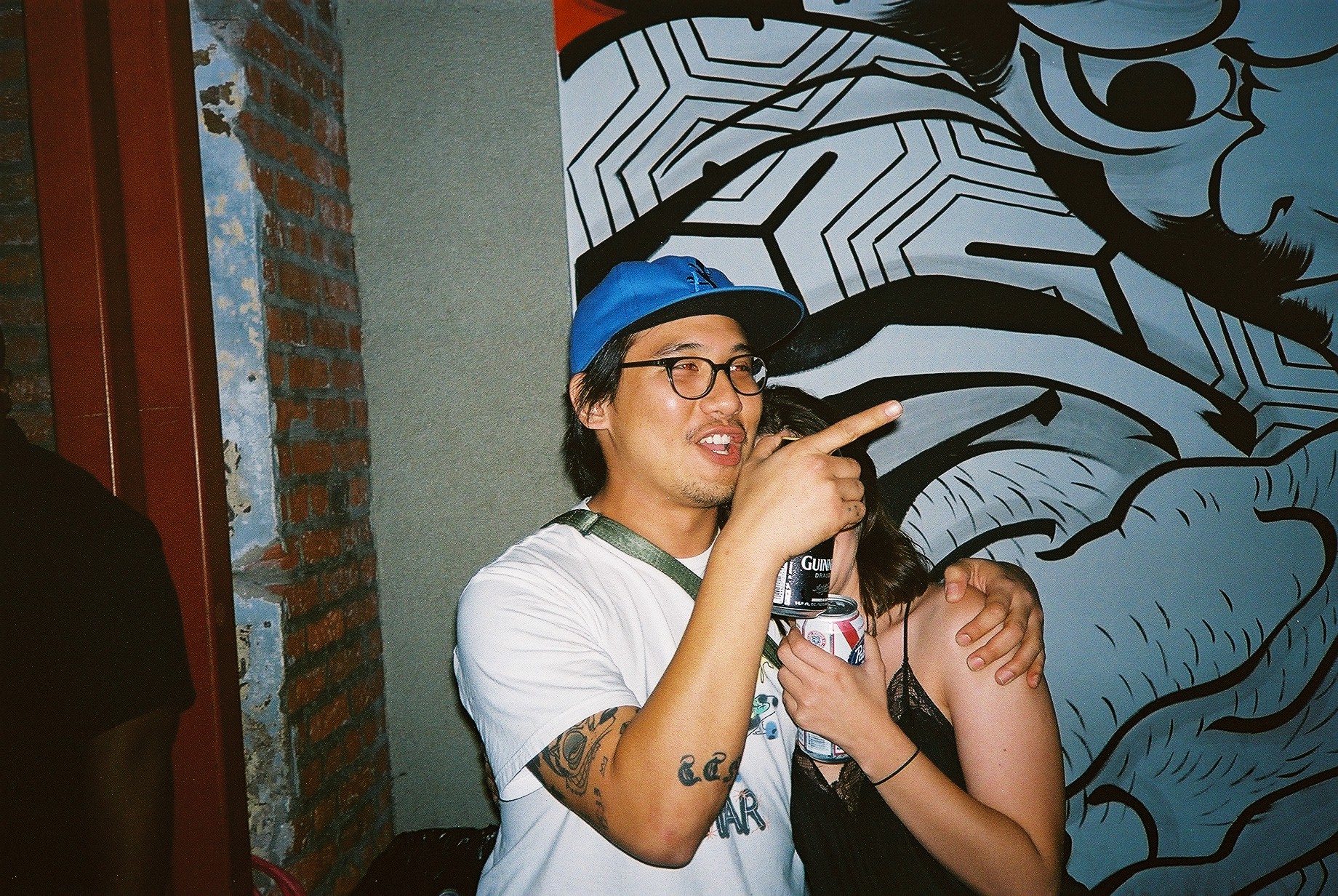DISCO FEVER
it isn’t dead. it isn’t going anywhere.
Words and Photos by Nara Nellis
Disco never sucked, isn’t dead, and certainly didn’t go away. It gave birth to everything you weekend warriors hold dear and has been creeping around since its pseudo-death in July of 1979. The “death” of disco is a quite interesting concept and can be applied to (almost) literally every niche subculture that is turned into fuel for capitalist gain.
If we are talking disco as music, it can be defined as a four-on-the-floor beat. Which means you can safely use a four count to stay on rhythm and not look like a dancing fool. If we are talking disco as an era, imagery of glitter and indulgence dominate. But let us start at the start.
It is acknowledged that the beginnings of what is recognized as disco culture began with David Mancuso’s underground loft parties, aptly titled Love Saves the Day. These parties were music centric and celebratory. They focused on open mindedness in all aspects. They embraced music that had no place in society, people that had no place in society, and drugs that had no place in society. A haven for people rejected by homophobic and racist America, they were half a party and half a civil rights movement just by existing. Eventually disco was adopted by the white working class who were also desperate for an escape from their mundane and work-oriented lives.
“SATURDAY NIGHT FEVER WAS on the silver screen. everyone was thrilled until they were suddenly not.”
This is just another example of how anything that’s worth knowing about is first known about by POC and the gays (by the fringe, the setters of taste and style). Once disco became more popularized with the average Joe, and the demand for more dance clubs grew, it began to garner attention from people with nothing on their mind but turning a profit. Soulless clubs opened rapid fire, and every major record label pushed for their artists to jump on the trend. Saturday Night Fever was on the silver screen. Everyone was thrilled until they were suddenly not. The fact that disco started as brown and gay wasn't quite forgotten and after the glamour and edge wore off, it became a constant reminder of whom America had the least love for.
In the end, it literally blew up. As a promotion for a White Sox’s game, people were invited to bring down their disco records and demolish them with explosions. This happened right at the end of the ’70s. As we moved forward into the future, we left disco behind.
As art and expression never really die, disco took on many new forms. It has continued to influence musicians, clubs, and kids looking for something to make them believe in themselves. Hip-hop was born from the era of the golden disco DJs who pioneered the field. House music is a four-on-the-floor spell that birthed rave culture and continues to dominate in clubs (because, really, it makes you feel so good). Now more than ever, contemporary alternative and indie rock derive heavy influence from the synths and bass lines of disco.
Our Honolulu still holds tight to disco, if we chose to look a little deeper. Not only do we have the tropical kaleidoscope that is the Made-in-Hawai‘i disco of the ’70s, but it is still prevalent here and now. Honolulu’s Chinatown was rejected for being too rough and criminal, but it became a haven for those who looked to find an escape. There existed now defunct clubs like ThirtyNineHotel and underground all night loft parties that were there if you knew who to ask. Those were a part of the story arc that Chinatown is still developing. We still have our disco smattered through sets and events. Every weekend at Manifest you are guaranteed to hear sweet disco sounds.
More importantly, the spirit of disco, of building something to make life more worth living, is what our community represents. We are a haven for those that don't have another place to be themselves and want to dance their cares away. So, remember that the next time you rally your weekend warrior crew to come and demolish something you don't quite understand.















